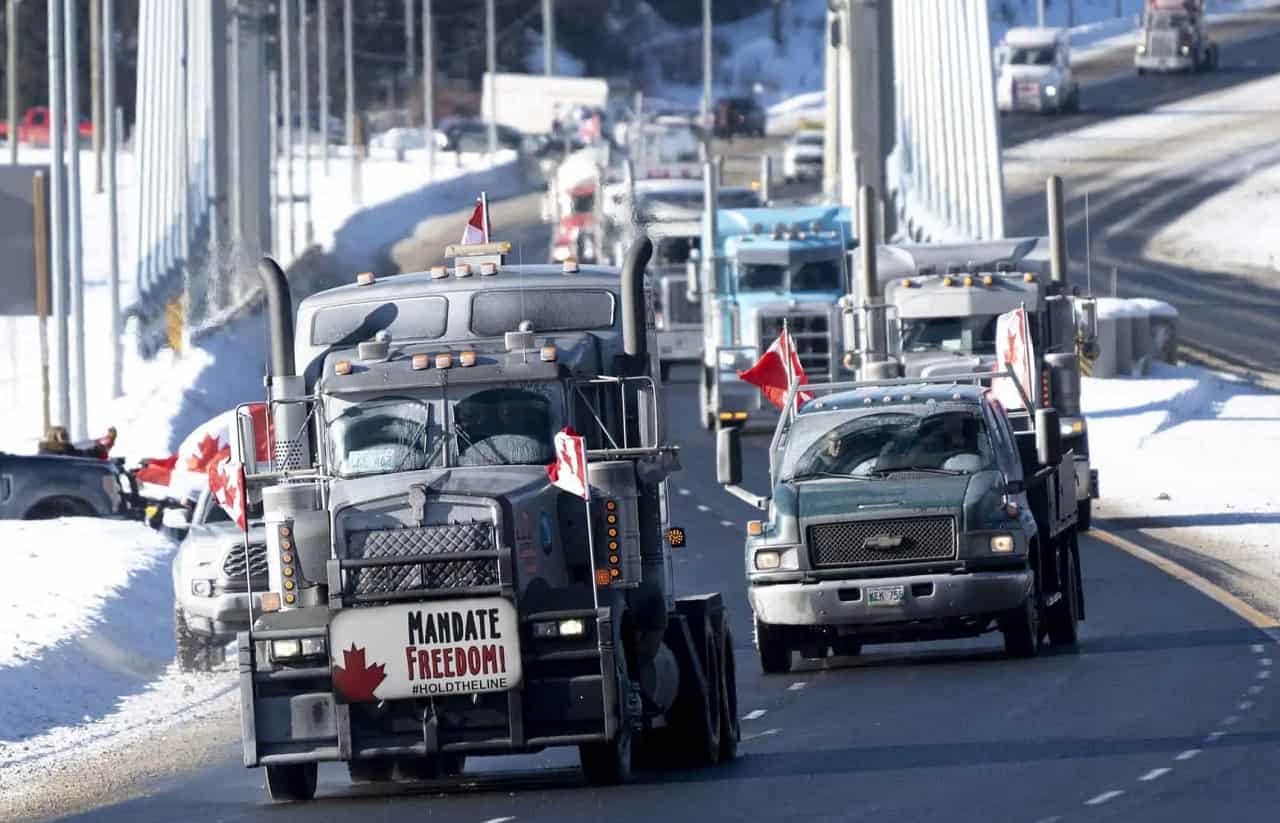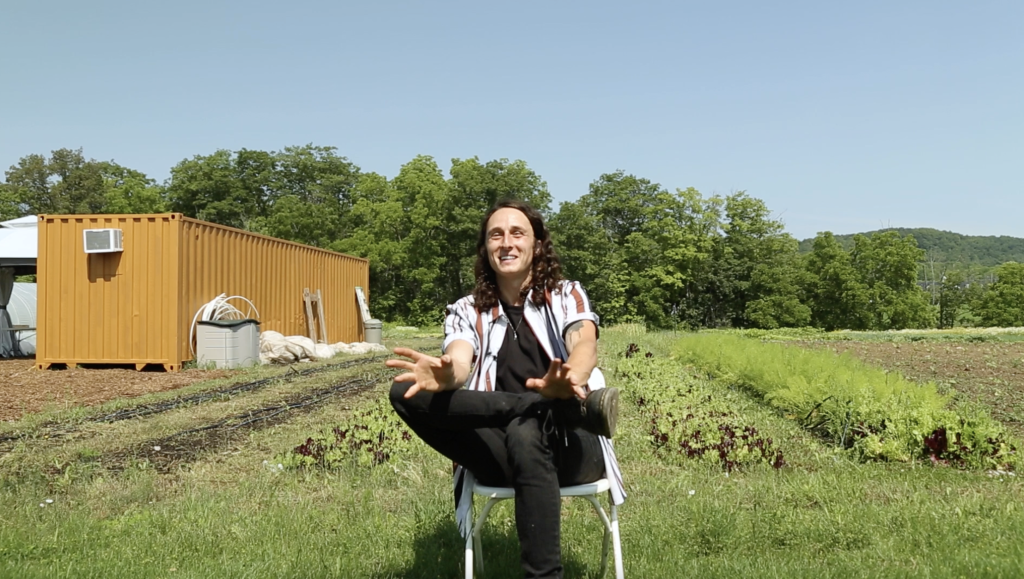Durham officers support Ottawa Police as “Freedom Convoy” dispersal begins, Chief tells Whitby HQ
Published February 17, 2022 at 1:57 pm

Durham Regional Police officers are still supporting their colleagues in Ottawa as the police dispersal of the ‘Freedom Convoy’ occupation of the city begins.
Ottawa has been gridlocked for more than three weeks as the protestors against public health measures flooded the capital’s downtown core. The protests began January 29 after a cross-country convoy converged in the city for a rally on Parliament Hill.
Convoy organizers demanded the dissolution of the House of Commons to be replaced by the Senate and Governor General in their memorandum of understanding, since withdrawn about a week later.
The January 29 rally was widely condemned after the “desecration” of numerous monuments such as Canadian War Memorial and the Tomb of the Unknown Soldier, the flying of Nazi and Confederate flags and aggressive and racist behavior from some protestors.
The convoy began in protest of a ban on unvaccinated truckers crossing the border, but since evolved into a protest against all COVID-19 restrictions. Protest organizers have said they won’t leave the city until all public health measures are lifted.
As protests continued in the following days, morphing into an occupation of the city, so too did the disruptive behaviour.
Ottawa streets remained clogged with transport trucks and a since demolished shanty shed was constructed in the road to house fuel. The convoy spent days incessantly honking their horns and obstructing traffic.
Bouncy castles and inflatable hot tubs have been spotted in the roadways, while buffet kitchens have been set up between transports to feed the protestors as they entrenched themselves into the city.
As a result of these disruptions Ottawa emergency resources have been under heavy strain. By February 10, Ottawa Police had responded to more than 1,000 calls for service since the protests began.
By then, OPS had arrested 25 people on criminal charges and issued 1,550-plus tickets. As of last week, OPS was investigating 126 criminal cases and 413 calls to the Hate-motivated crime hotline related to the protests
Durham Police officers were in Ottawa alongside officers from ten other services by January 31, according to then-Ottawa Police Chief Peter Sloly, to assist in ensuring public safety
“They have sent members of their organization with experience and expertise, professionalism, compassion and joined under our Incident Command System,” Sloly said, “They have provided very needed, timely, professional, and effective services to keep this city safe. To keep our community safe. To keep our residents safe. To keep our city workers safe.”
The City of Ottawa declared a state-of-emergency on February 6, followed by the Provincial Government on February 11 after satelite protests began at Ontario border-crossings such as the Ambassador Bridge in Windsor.
Finally, the Federal Government invoked the Emergencies Act for the first time since its inception in 1988, granting police broader powers to end the convoy, now considered an illegal occupation.
Dispersal efforts under the Emergencies Act began February 16, with police handing out notice flyers saying, ““You must leave the area now. Anyone blocking streets, or assisting others in blocking streets, is committing a criminal offence and you may be arrested. You must immediately cease further unlawful activity or you will face charges.”
Durham police officers have been in Ottawa throughout these developments according to DRPS Interim Chief Todd Rollauer in an update to the the police services board February 15.
The same day, Sloly resigned from OPS amid heavy criticism for his handling of the convoy and was replaced by Interim Chief Steve Bell.
“We have supported our colleagues in Ottawa. They’re under significant pressures in terms of staffing. I have spoken with Chief Sloly countless times over the past three weeks,” Rollauer said.
Some OPS officers have been working 12-hour shifts for 12 to 15 days straight in attempt to maintain public safety, he added. Sloly asked Rollauer for public order support and frontline enforcement support, to provide respite for OPS officers.
“This is a full-cost recovery. There’s no impact to our resident or our Region in terms of that [cost],” Rollauer said, “In terms of providing staffing there has been no impact, nor will there be an impact on our ability to serve and protect our residents.”
Most of the officers going to Ottawa for support were on overtime and would otherwise be off-work. “Right now we don’t have any frontline officers in deployed in Ottawa.” Rollauer said, “However the [Police Order Unit] are being deployed regularly for a number of days.”
“We are working with a provincial group to determine the needs because…there are a number of activities across this province and police services are requesting support,” he continued.
“We’re lucky as a Region, geographically placed,” Rollauer said, “We do not have any significant infrastructure that currently is target of any intelligence reports.”
Board member and Pickering Councillor Kevin Ashe concluded the police services board discussion. “Hopefully there will be a peaceful end to the protests in Ottawa in a short time.”
Interim OPS Chief Steve Bell has promised methods “people aren’t used to seeing” will be employed to end the convoy. “We are going to take back the entirety of the downtown core and every occupied space,” Bell said, “We are going to remove this unlawful protest. We will return our city to a state of normalcy.”
insauga's Editorial Standards and Policies advertising






